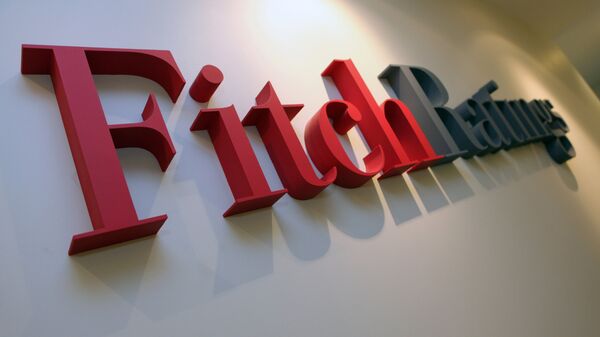"The biggest risk to Russian oil companies is the potential for significant changes to a tax regime that previously insulated them from the impact of falling prices," the press release stated.
In October 2015, the Russian government raised the mineral extraction tax as previously planned. The government delayed, however, a cut in export duty, which could offset the tax hike.
Fitch called the Russian authorities' decision "an unfavorable precedent." The rating agency argued that a further tax increase is likely to take place, if oil prices fail to recover.
According to the press release, deteriorating liquidity in the oil sector, caused by Western sanctions, would worsen the situation.
Fitch noted that the Russian companies could respond to the situation by cutting funds for capital expenditure, but such a move would impact their medium-term production, as well as operational profiles.
"The combination of worsening credit metrics and weaker operating profiles could put their credit profiles and ratings under pressure," the press release added.
Fitch also stated that it expects oil prices to average at $45 per barrel in 2016, and the price will increase to $60 per barrel in 2018.



